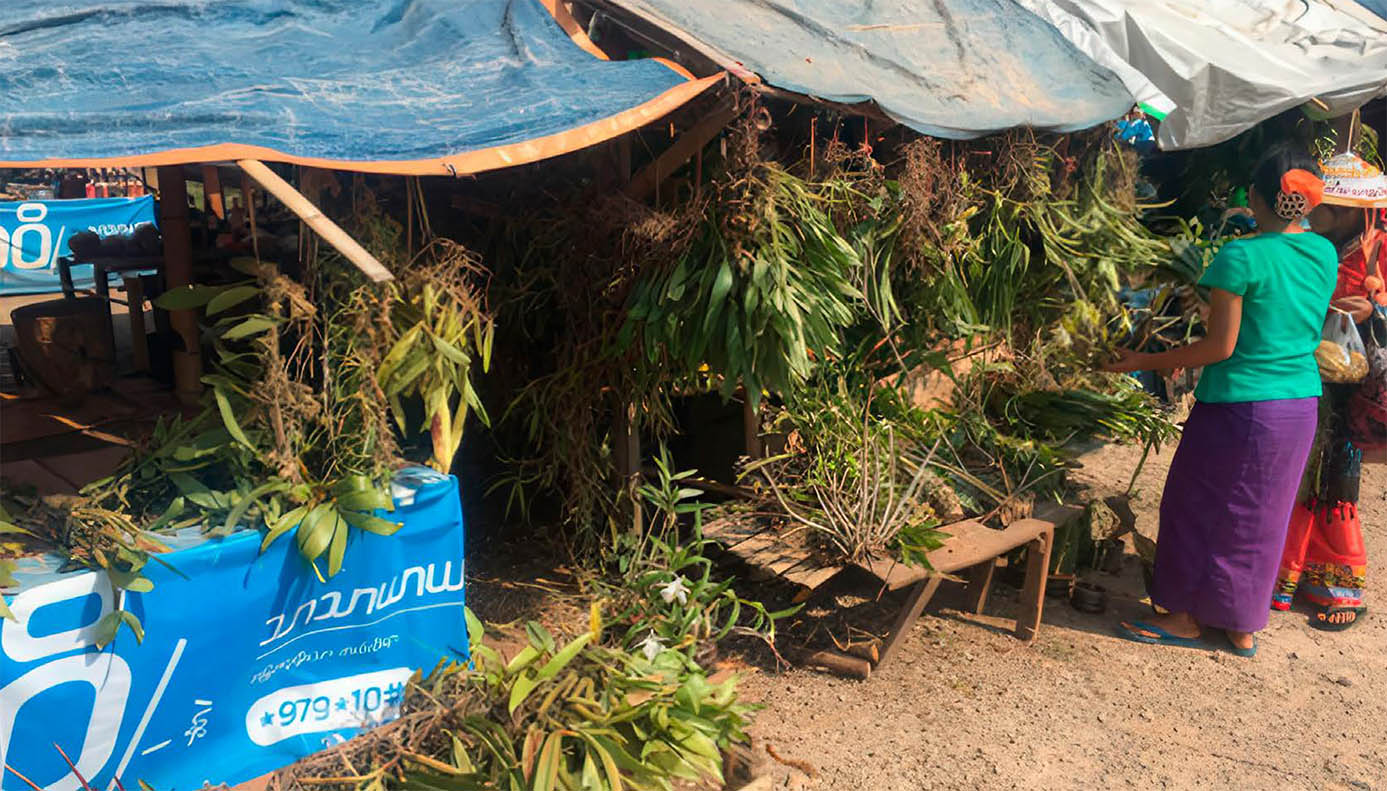0
You have 0 items in your cart
In Myanmar’s (Burma’s) remote forests, local collectors still harvest wild orchids for global markets, earning mere dollars for specimens that fetch hundreds abroad.
This extractive pattern persists across tropical orchid-rich nations, echoing European colonial exploitation.
Indigenous collectors, the true botanical experts, remain largely anonymous, their knowledge appropriated without credit while risking legal penalties and physical danger. They receive a fraction of the final market value, perpetuating cycles of poverty despite their irreplaceable expertise.
Emerging alternatives offer hope: community-led conservation projects, indigenous-owned nurseries, and scientific partnerships that honour local knowledge. These sustainable approaches aim to transform exploitation into equitable collaboration, rewriting orchids’ human story for future generations.
